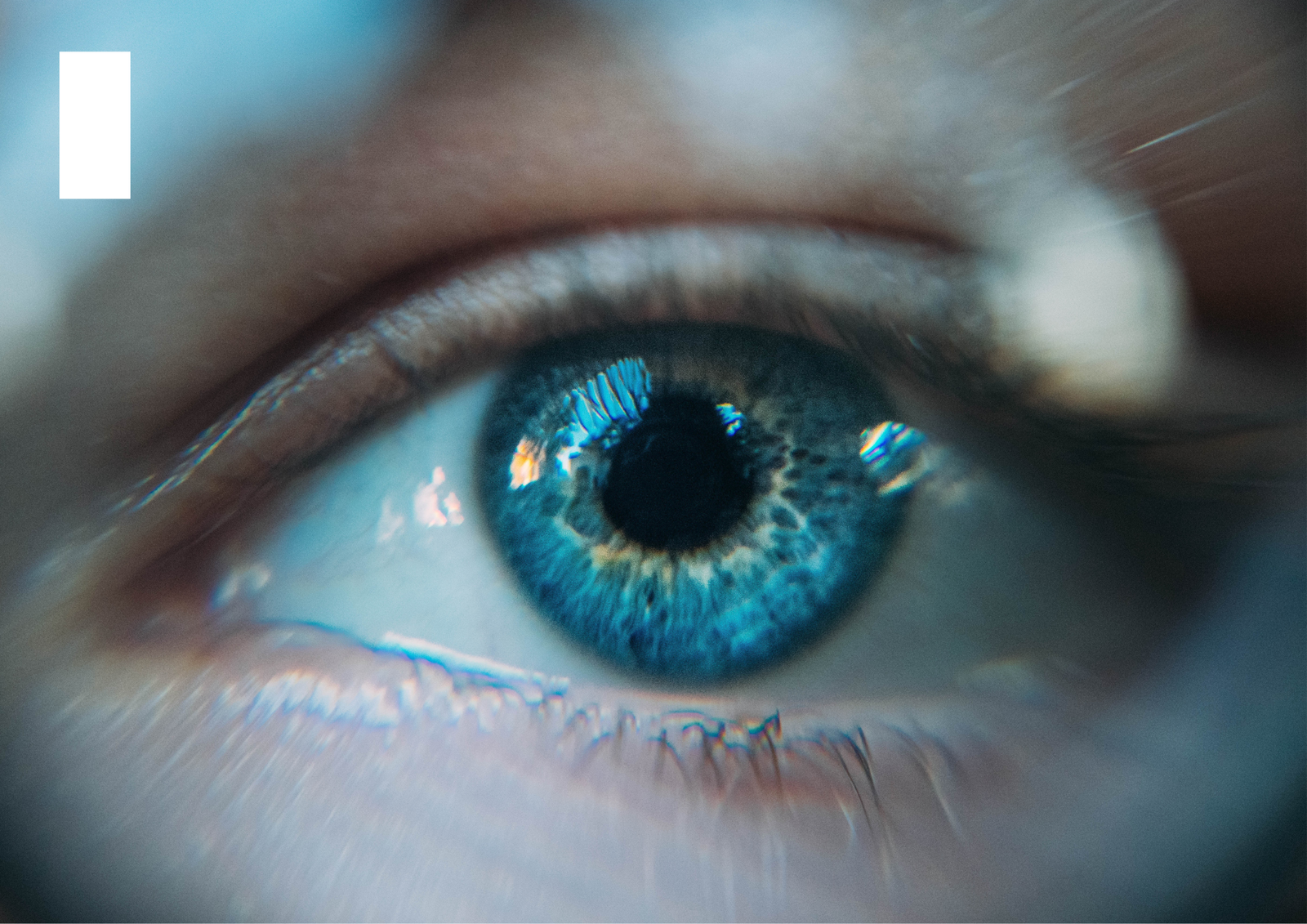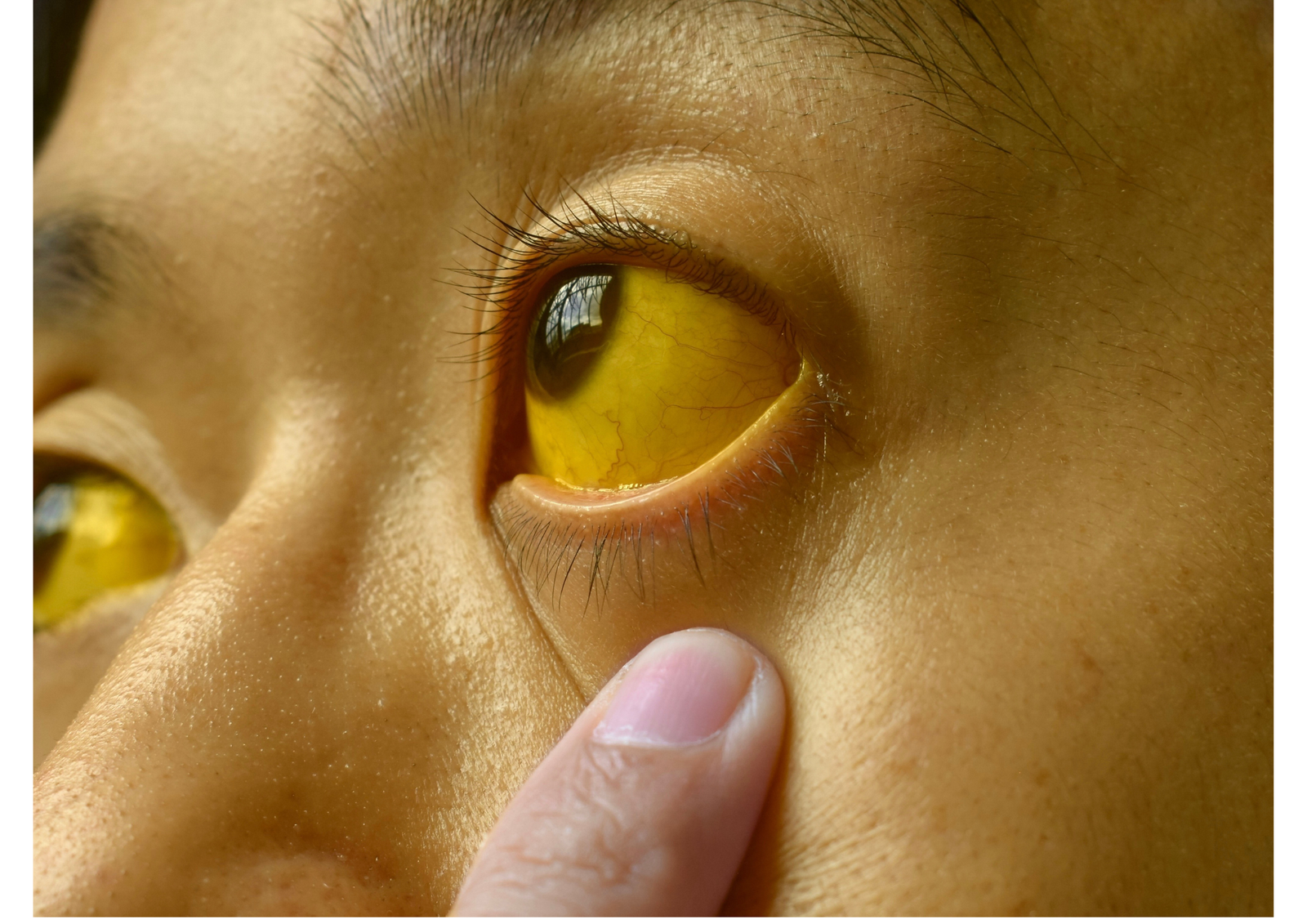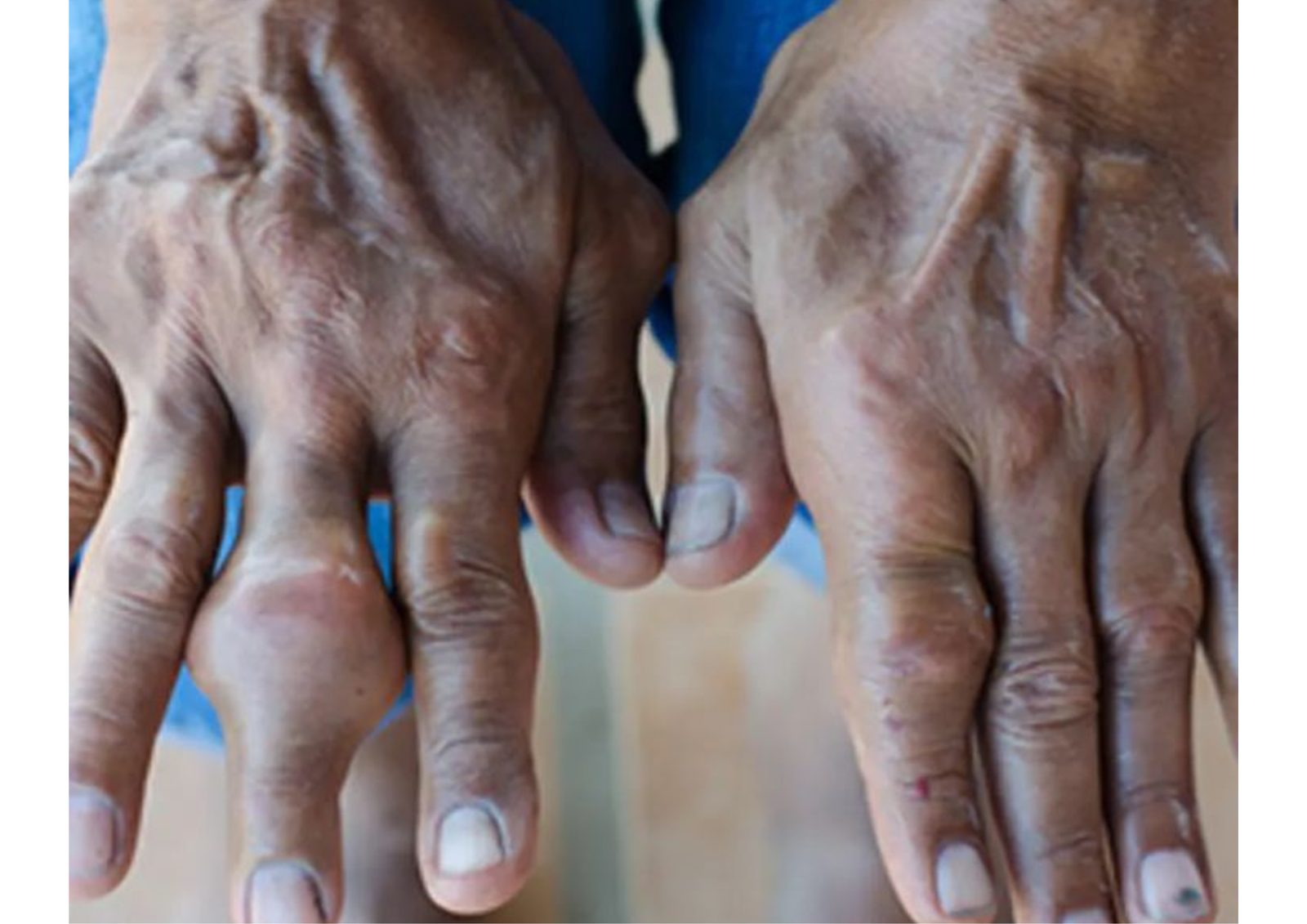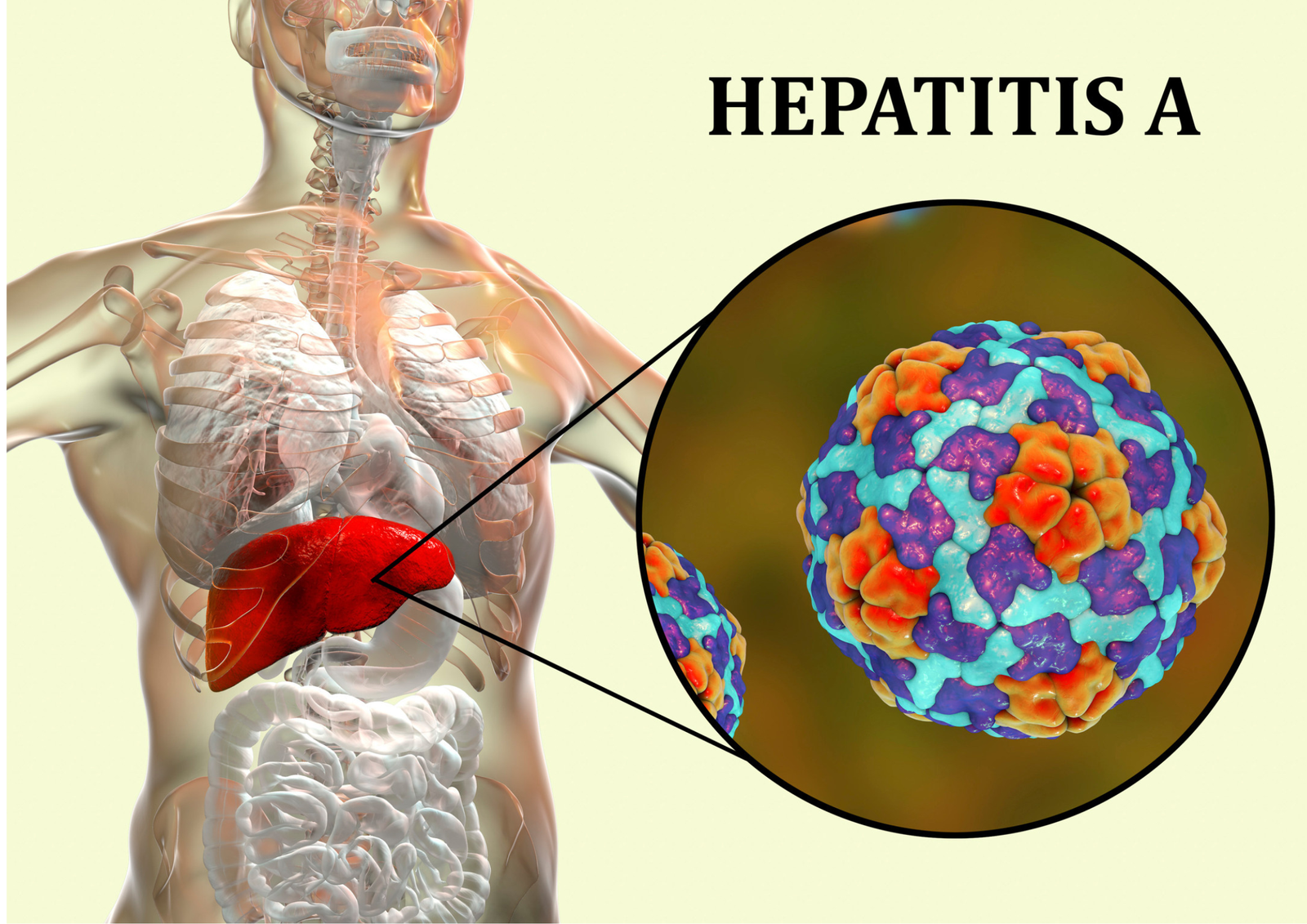Kidney Stones: Causes, Symptoms, and Treatment in Allopathy and Ayurveda
Kidney stones, medically known as renal calculi, are hard deposits made of minerals and salts that form inside the kidneys. They are among the most common urological problems worldwide, causing intense pain and discomfort. While modern medicine (Allopathy) offers quick interventions and surgical procedures, Ayurveda, the ancient Indian system of medicine, provides natural methods for prevention and long-term management.
In this blog, we will explore kidney stones in depth, covering their causes, types, symptoms, prevention, and treatment options in both Allopathy and Ayurveda.
What Are Kidney Stones?
Kidney stones are solid masses formed when minerals and salts in urine crystallize and stick together.Usually, the substances in urine prevent or dilute these crystals. However, stones can form when there is an imbalance.The size of these stones might range from a grain of sand to a golf ball.They may stay in the kidney or travel down the urinary tract, causing severe pain and urinary problems.
Types of Kidney Stones
- Calcium Stones: The most common type, usually in the form of calcium oxalate.
- Uric Acid Stones: Form when urine is too acidic; common in people with high protein diets or gout.
- Struvite Stones: Develop due to urinary tract infections; more common in women.
- Cystine Stones: Rare, due to a hereditary disorder called cystinuria.
Causes and Risk Factors
Kidney stones can have a variety of causes, but the following are important risk factors:
- Dehydration: Not drinking enough water concentrates minerals in urine.
- Diet: Excessive intake of salt, sugar, animal protein, and oxalate-rich foods like spinach.
- Obesity: Higher risk due to changes in acid levels in urine.
- Digestive Diseases: Conditions like Crohn’s disease or gastric bypass surgery can increase risk.
- Family History: There might be a genetic predisposition.
- Some medical conditions include gout, urinary tract infections, and hyperparathyroidism.
Symptoms of Kidney Stones
Many small stones may pass unnoticed, but larger stones can cause:
- Excruciating back and side pain beneath the ribs
- Pain that radiates to the groin and lower abdomen
- Pain during urination
- Pink, red, or brown urine (hematuria)
- Cloudy or foul-smelling urine
- Frequent urge to urinate
- Nausea and vomiting
- Fever and chills (if infection is present)
Diagnosis in Allopathy
1.Urinalysis (Urine Test)
- Checks for red blood cells (hematuria), white blood cells (infection), crystals, or bacteria.
- May show signs of urinary tract infection (UTI).
- 24-hour urine collection may be done to check how much stone-forming minerals (like calcium, oxalate, uric acid) are excreted.
2.Blood Tests
- Measures kidney function (creatinine, blood urea nitrogen).
- Checks for high levels of calcium, uric acid, or electrolytes.
- Helps find metabolic causes for stone formation (e.g., hyperparathyroidism).
3. Imaging Tests
These help detect the size, shape, number, and location of stones:
✅Ultrasound
- Common first-line test, especially in children and pregnant women.
- Safe, no radiation.
- Good for detecting stones in the kidney and upper urinary tract.
✅X-ray (KUB X-ray)
- Simple X-ray of Kidneys, Ureters, and Bladder (KUB).
- Detects larger, radio-opaque stones (like calcium stones).
- May miss small or radiolucent stones (e.g., uric acid stones).
✅Non-Contrast CT Scan (CT KUB)
- Gold standard test.
- Highly accurate for detecting even small stones, anywhere in the urinary tract.
- Shows exact size, location, and any blockage.
- Quick but involves some radiation exposure.
✅Intravenous Pyelogram (IVP) (less common now)
- Contrast dye is injected and X-rays are taken to see urinary tract flow and blockages.
✅MRI
- Rarely used; may help in some cases where radiation must be avoided, but CT is preferred for stones.
Allopathic Treatment of Kidney Stones
Allopathic treatment focuses on pain relief, stone removal, and preventing recurrence.
- Medications
- Pain Relievers: NSAIDs like ibuprofen or stronger painkillers.
- Alpha Blockers: Help relax the muscles in the ureter to allow the stone to pass more easily (e.g., Tamsulosin).
- Diuretics and Citrate: Prevent stone formation in recurrent cases.
- Surgical Procedures
When stones are too large to pass naturally or cause complications:
- Extracorporeal Shock Wave Lithotripsy (ESWL): High-energy sound waves break stones into smaller pieces.
- Ureteroscopy: A thin scope removes or breaks the stone using laser.
- Percutaneous Nephrolithotomy (PCNL): For very large stones; a small incision is made in the back to remove the stone.
Preventive Measures
Doctors advise:
- Drinking plenty of water (2-3 liters/day)
- Reducing salt and animal protein intake
- Using medications like thiazide diuretics for recurrent calcium stones
- Treating underlying conditions like hyperparathyroidism
Kidney Stones in Ayurveda
Kidney stones are referred to in Ayurveda as Ashmari, which means “stone formation.” Urinary calculi are thoroughly described in ancient texts such as the CharakaSamhita and SushrutaSamhita.
According to Ayurveda, kidney stones occur due to the imbalance of Doshas (Vata, Pitta, Kapha) and improper diet and lifestyle that lead to the accumulation of toxins (Ama) and crystallization of minerals in the urinary system.
Ayurvedic Causes of Ashmari
- Excessive consumption of heavy, oily, or sweet foods.
- Drinking less water.
- Suppression of natural urges like urination.
- Excessive alcohol intake.
- Genetic predisposition.
Symptoms According to Ayurveda
- Severe pain in the lower abdomen and bladder region.
- Painful and burning urination.
- Frequent urge to urinate with difficulty.
- Blood in urine.
- Nausea and vomiting due to pain.
Ayurvedic Treatment for Kidney Stones
Ayurveda emphasizes on ShodhanaChikitsa (detoxification) and ShamanaChikitsa (palliative care).
- Herbal Remedies
Many herbs are known for their lithotriptic (stone-breaking) and diuretic properties:
- Varun (Crataevanurvala): Breaks stones and prevents recurrence.
- Bergenialigulata, or Pashanbheda, literally translates to “stone breaker.”
- Tribulusterrestris, or gokshura, is a diuretic that lessens burning.
- Punarnava (Boerhaviadiffusa): Reduces swelling and promotes urine flow.
- Kulthi Dal (Horse Gram): Consumed as soup to dissolve stones.
- Apamarg (Achyranthesaspera): Traditionally used to break down stones.
Panchakarma Therapies
Panchakarma detox treatments are recommended in chronic cases:
- Basti Karma (Medicated Enema): Balances Vatadosha.
- Virechana (Purgation Therapy): Removes toxins and balances Pitta.
Diet and Lifestyle Modifications
Ayurveda stresses dietary changes:
- Increase water intake — warm water is better.
- Drink coconut water and sugarcane juice.
- Avoid tomatoes, spinach, brinjal, and excessive dairy.
- Include barley water and lemon juice.
- Avoid suppression of urine urge.
Yoga and Home Remedies
Kidney function is enhanced by some yoga poses, such as ArdhaMatsyendrasana, Bhujangasana, and Pavanmuktasana.
Simple home remedies like drinking lemon juice with warm water, basil juice with honey, or coriander seed decoction help in mild cases.
Ayurvedic Proprietary Medicines
Several classical and proprietary Ayurvedic formulations are used:
- Cystone (Himalaya): Popular for prevention and mild cases.
- ChandraprabhaVati: Supports urinary health.
- GokshuradiGuggulu: Diuretic and anti-inflammatory.
- PashanbhedadiKashaya: Stone-dissolving decoction.
Always consult an Ayurvedic physician before starting any medicines.
Prevention: Ayurveda vsAllopathy
Both systems emphasize prevention.
| Aspect | Allopathy | Ayurveda |
| Hydration | 2-3 liters water/day | Warm water, herbal teas |
| Diet | Low salt, low animal protein, limit oxalates | Avoid heavy, oily foods; favor light, digestible meals |
| Supplements | Citrate, thiazide diuretics if needed | Herbs like Gokshura, Varun |
| Lifestyle | Weight management, treat underlying conditions | Dinacharya (daily routine), Yoga, stress management |
Which Is Better?
Both systems have their strengths:
✅Allopathy: Quick relief, effective surgical options for large stones, advanced diagnostics.
✅Ayurveda: Gentle long-term management, preventive care, fewer side effects, holistic detoxification.
For best results, integrative care can be considered — managing acute episodes with Allopathy and preventing recurrence through Ayurveda.
Get more information click here.
If you want 100% ayurvedic medicine. click here




